Which Type of Intellectual Property Protection Do I Need?
Art Law Journal
JUNE 30, 2022
When people find out that I am an Intellectual Property attorney, I am often battered with questions about the topic. Unfortunately, Intellectual Property law has gotten so complicated that many people aren’t even sure which type of Intellectual Property (copyright, trademarks, or patents) protects their creative work.

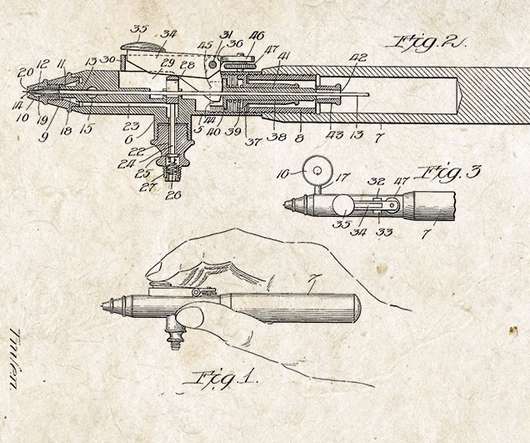
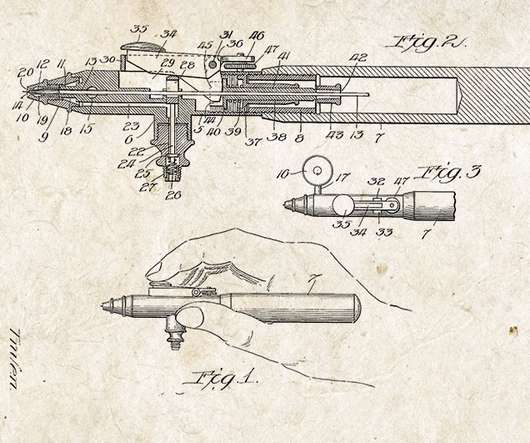

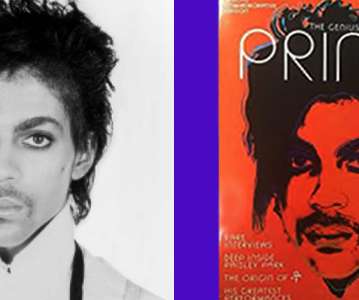
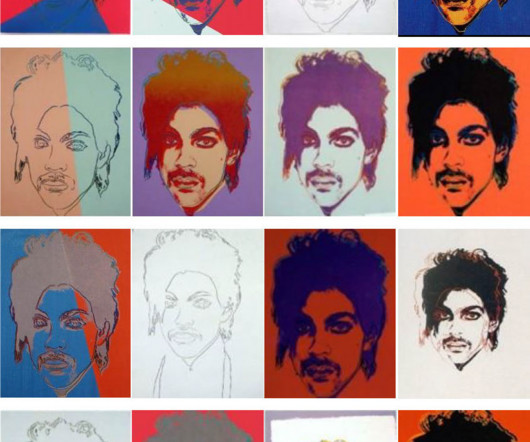
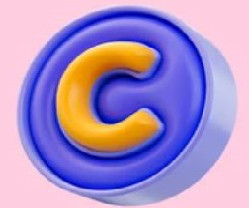






Let's personalize your content